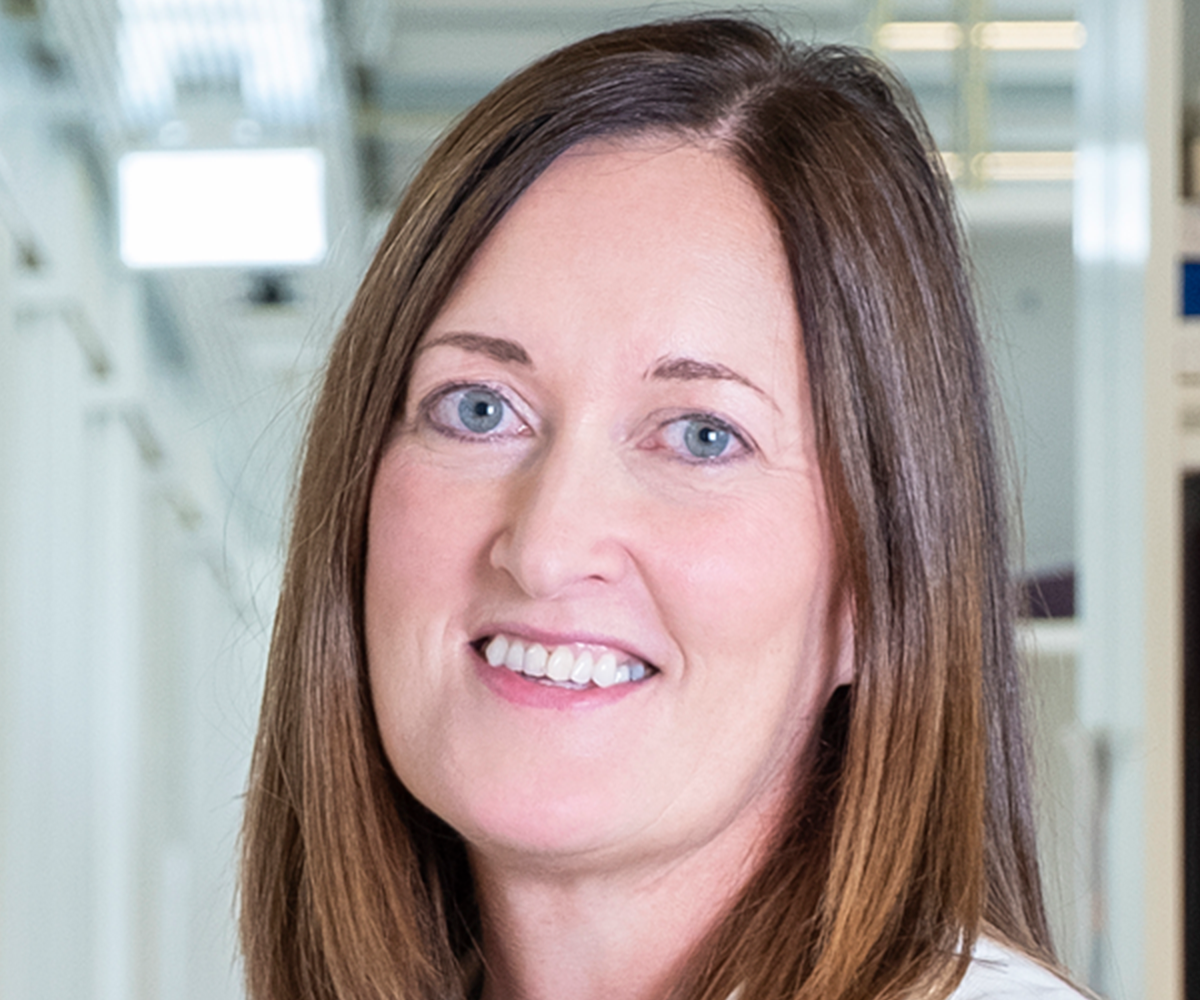

The tumor microenvironment (TME) undergoes profound changes in its cellular and molecular characteristics and spatial organization in response to therapy. Capturing the immense complexity of these spatial rearrangements has, however, proved difficult due to technical challenges and the cellular heterogeneity across large sections of whole tumors. Researchers led by Ludwig Lausanne’s Spencer Watson and Johanna Joyce have addressed these issues with a new and complete analytical workflow, which they term Hyperplexed Immunofluorescence Imaging (HIFI), reported in an April paper in Nature Communications. HIFI employs open-source tools to enable whole-slide, high-magnification, high-dimensional imaging—resulting in the identification of complex cellular organization patterns across large image areas. To also help lower barriers to such analyses and increase accessibility for researchers, HIFI was devised to require no special reagents or expensive equipment. The researchers integrated HIFI—which permits the simultaneous analysis of more than 45 markers at high magnification—with machine learning and other analytical methods to examine differences in the effects of radiotherapy on the TME of glioblastoma and breast-to-brain metastases in mouse models. They discovered that despite equal benefit from radiotherapy, glioblastomas undergo extensive reorganization of structural architecture and immune cell populations in response to treatment, while brain metastases do not. This innovative approach not only provides deeper insights into tumor biology but also democratizes access to advanced imaging techniques for research and discovery.
Microenvironmental reorganization in brain tumors following radiotherapy and recurrence revealed by hyperplexed immunofluorescence imaging
Nature Communications, 2024 April 15